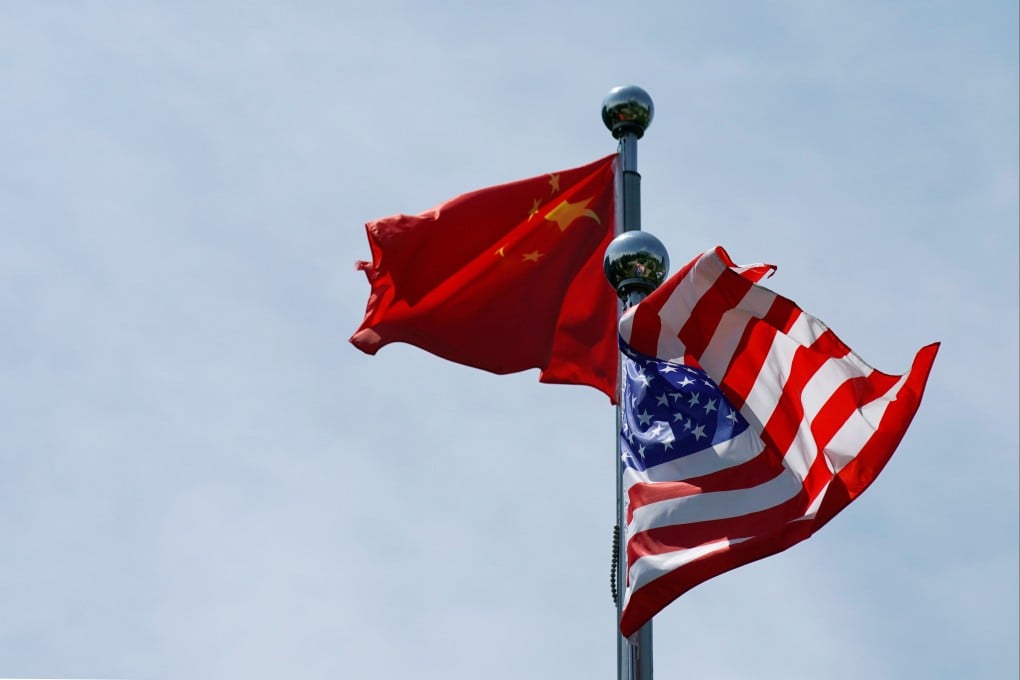China, US tensions unlikely to ease but they could maintain ‘a hot peace’, foreign policy adviser says
- Domestic agendas ‘may or may not work to lessen the strain’ this year, according to Wang Jisi from Peking University
- But he says Chinese and American businesses remain deeply integrated and most ‘are not embracing the idea of decoupling’

But Wang Jisi, who is also president of the Institute of International and Strategic Studies at Peking University, said the two nations could still maintain “a hot peace” – meaning that there may be heated exchanges and rivalry but they would not escalate the situation.
“The domestic agendas of the United States and China in 2022 may or may not work to lessen the strain,” Wang wrote in an article titled “The hot peace paradigm”, published on the China-US Focus website last week.
“Therefore, the next stage of the China-US relationship is not going to be easy sailing. Yet there are enough incentives on both sides to remain sober-minded and keep the relationship manageable, since both are faced with imperatives at home,” he said.

Wang noted that Beijing was grappling with an economic slowdown and trying to contain the spread of Covid-19, while the pandemic and financial stability were also key issues for Washington.